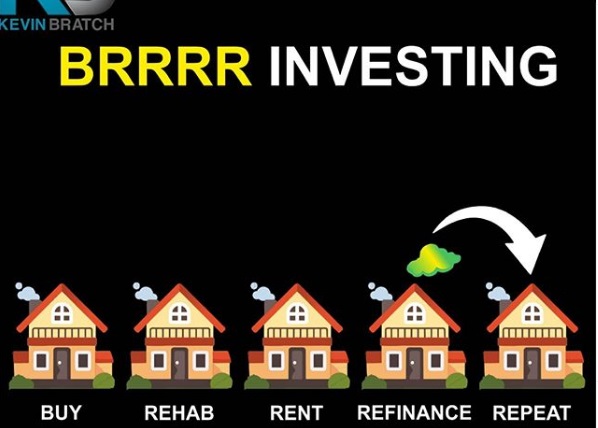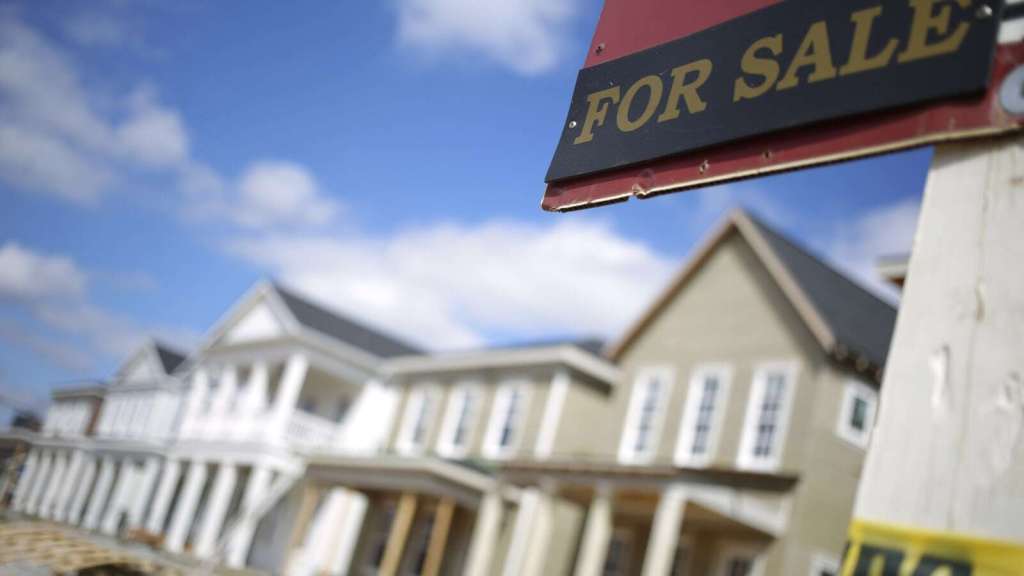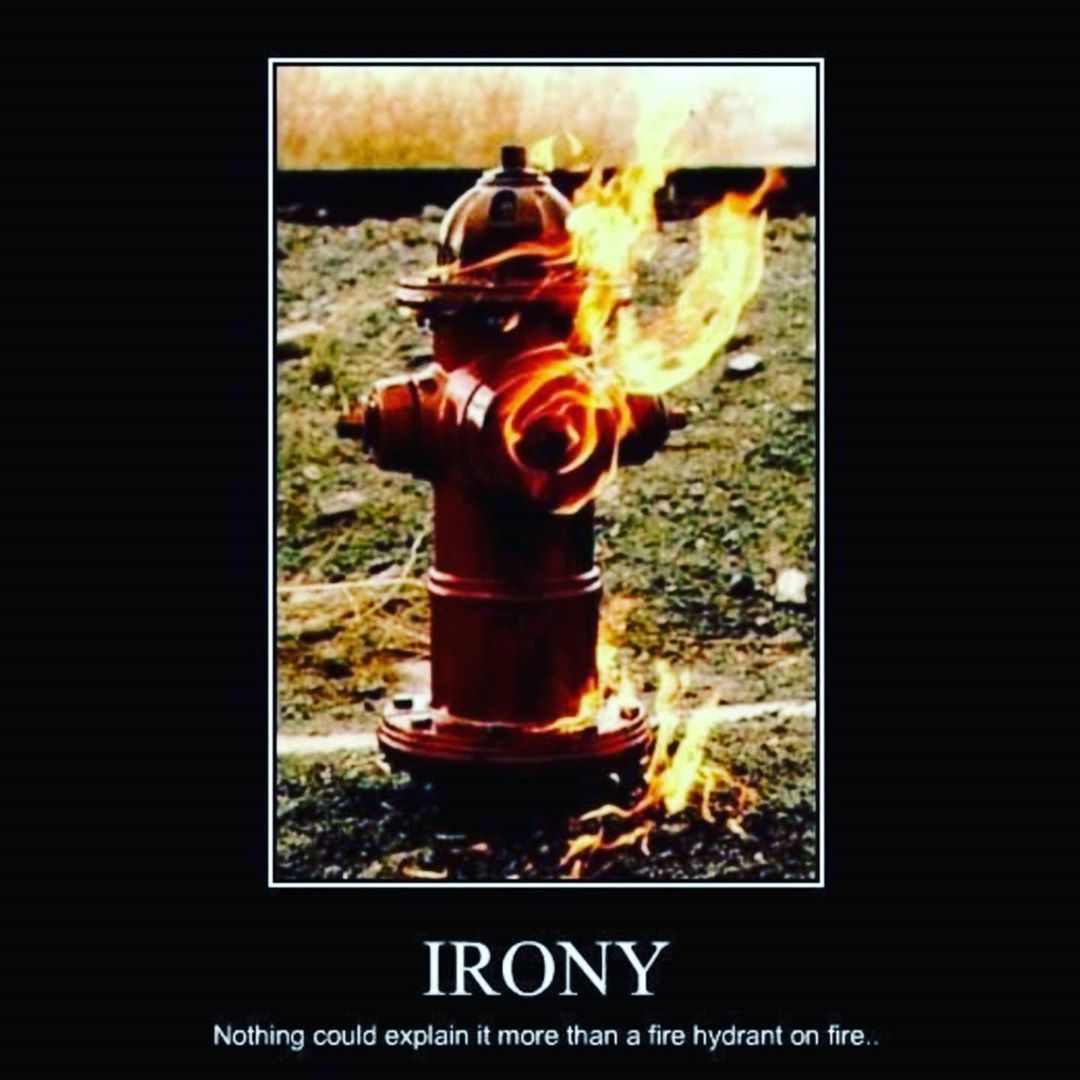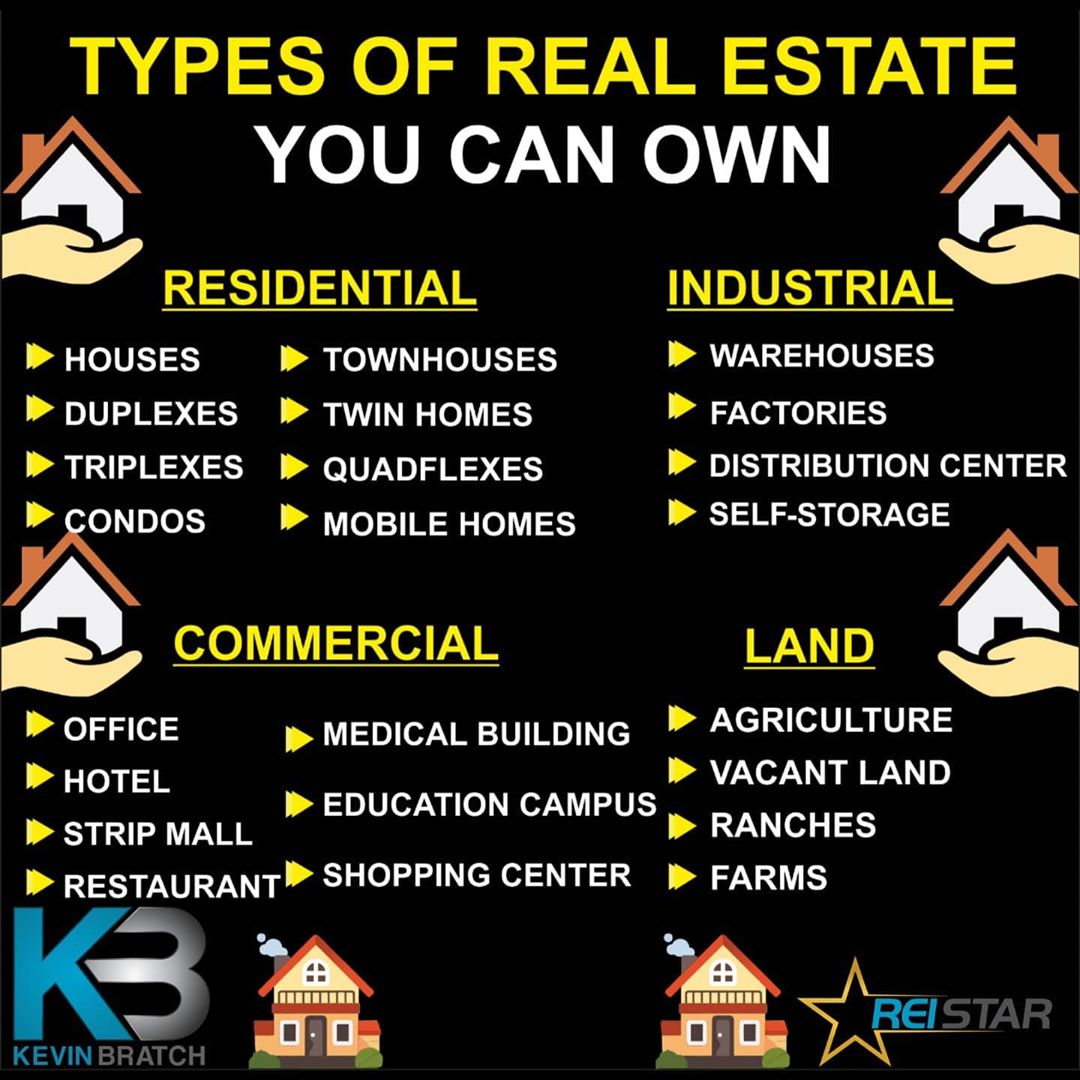For experts like Kevin Bratch, the real estate industry is very lucrative. That is if the market forces are conducive, then those who want to invest in long term returns can securely put their money here. However, just like any other business, it can be adversely affected by both internal and outside forces, which might cause the demand for property to plummet.
This can be adequately explained by the market forces of demand and supply. When the demand for particular goods and services is high, then this automatically means that the prices will be hiked. On the other hand, low demand leads to low prices. That is how the market gets dictated by these two forces.

Therefore, the property industry is not left any further behind when it comes to supply and demand properties. According to Kevin Bratch, when the demand for property is high on one hand with a limited supply of the same on the other, then the prices will go up at the expense of the buyers. However, suppose the demand is lower than the supply, then it is the buyers who stand to benefit more at the expense of the sellers.
Unlike other market segments, the property markets usually take considerable amounts of time in constructing, buying, and selling of these properties. Kevin Bratch pinpoints some of the factors that might lead to low demand in this market segment include interest rate on leverage. When the borrowing rates are high, people tend to borrow less, which means that not many properties will be purchased during this period.
Another very important factor that Kevin Bratch advises potential buyers and property owners to take note of is the crashing of the real estate sector. This may come about as a result of economic hardships. The outcome for this is that many potential investors may adopt a wait and see attitude and see how things turn out before making their move and might lead to low demand for property.








